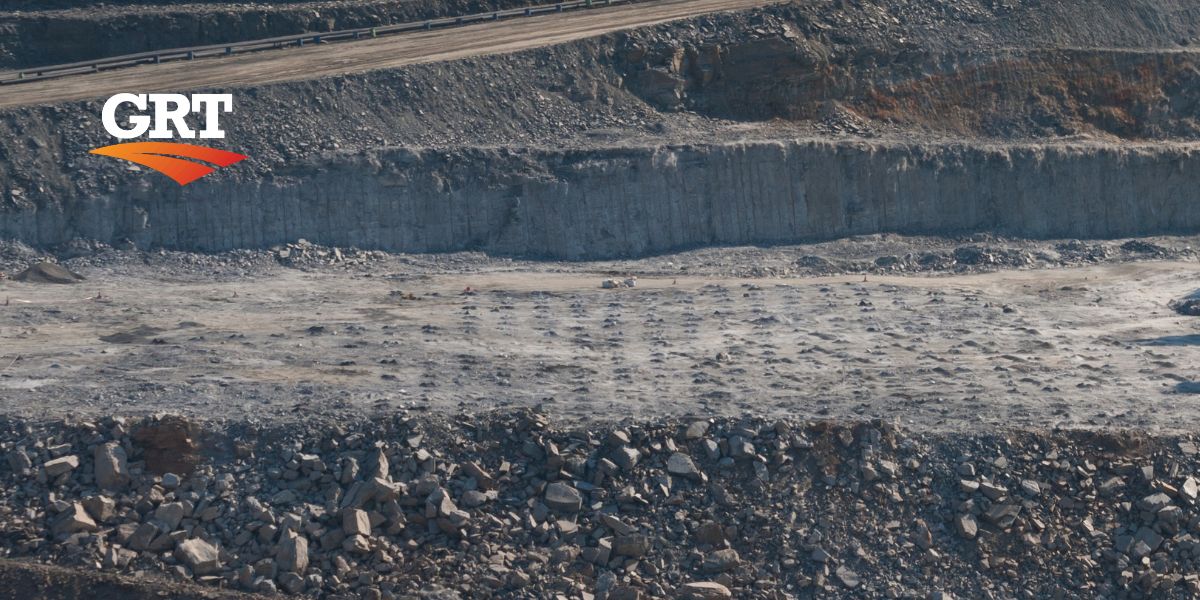The water supply pact between the City of Kalgoorlie-Boulder and the mining company Lynas is getting a closer look due to the backdrop of local water use restrictions.
Here’s the gist: The city has been providing recycled water to Lynas for its brand-new $730 million rare earths processing plant in Kalgoorlie. But now, there’s a buzz because this deal is being revisited after the community had to face tough water use limits.
The spotlight is now on Lynas’s contract following the city’s move to enforce water restrictions for a significant period. In response, a detailed review is being carried out to examine the city’s agreement with Lynas concerning the sale of industrial water. However, the finer points of this investigation are likely to stay under wraps.
To tackle this task, the city has roped in Civic Legal, a law firm from Perth, with a budget of $35,000 to conduct an independent evaluation of the water supply contract with Lynas, including how the decision was made. This review aims to provide clarity and report back to the council.
The deal to supply Lynas’s new refinery in West Kalgoorlie with water turned contentious last year when the city faced severe water shortages, prompting level 5 water restrictions. The city had sounded the alarm, revealing its dams were close to running dry within 100 days.
Are environmental regulations, health and safety concerns or potential profit loss a concern right now?
A key element for Lynas in deciding to build its unique plant in Australia was the assurance of a steady water supply, a project that even received a nod of approval from the federal government as a major project. With construction kicking off in late 2021, the plant is on the brink of starting operations, already providing jobs for about 80 locals.
Although the exact quantity of water Lynas uses is not public knowledge, estimates suggest it’s about 1.7 gigalitres annually, equivalent to the volume of roughly 680 Olympic swimming pools. The financial details of this water sale remain a secret, yet the city’s books show $3.02 million in sales of recycled water to industrial entities last year, despite the restrictions.
Lynas has kept mum on the city’s review process but highlighted the critical nature of a dependable water supply for their operations, noting their practice of recycling water extensively. The company has been tight-lipped about how much of its allocated greywater it actually uses.
Decisions related to the Lynas plant have been kept confidential by the city since 2019, with council discussions conducted behind closed doors.
In 2020, the council had multiple private meetings about leasing land to Lynas for its refinery. In July 2021, in another private session, the council approved the sale of recycled water to Lynas. That same year saw the construction of essential infrastructure to support Lynas’s operations, including a pump station and a pipeline, with documented costs.
The push for a thorough review came from Suzie Williams, a former city councillor, right before the last municipal election, and was wholeheartedly endorsed by the new council in October, even though Williams was no longer a member.
Williams’s motion sought an in-depth independent review on several fronts, including the council’s level of awareness, the pricing of water, and the financial implications of water banking and infrastructure projects. The review aims to delve into interviews, documents, and correspondences relevant to the deal’s negotiation and administration.
While the council agreed to this review in October, the final nod for the legal expenditure came in January.
Meanwhile, Andrew Brien, the CEO of Kalgoorlie-Boulder, has hinted at an impending $30 million boost for the city’s water infrastructure. Speaking at a business forum, Mr. Brien defended the Lynas agreement against claims it led to water restrictions, pointing out the city’s network had ample capacity. He attributed the restrictions to a combination of drought, widespread community water usage, and the eventual need to enforce limits.
He outlined a two-year plan focusing on upgrading water storage, treatment, and evaporation controls to fortify the city against future droughts. As these plans unfold, the city’s green spaces continue to flourish, thanks to recycled water from its extensive reservoir network, with dam capacity making a significant recovery from when restrictions were first imposed.
Dust suppression is a critical issue in the world of mining and resources.
Learn more about GRT’s industry-leading and IoT-connected SMART Dosing Units, and discover how we’re driving better dust suppression solutions for all!
If you’d like to talk with an expert, simply contact us!
Your feedback is important to us.
If you enjoyed reading this Global Road Technology industry update and found it informative, please let us know by leaving a REVIEW
References:
https://www.abc.net.au/news/2024-02-12/kalgoorlie-council-reviews-lynas-water-contract/103449390
Troy Adams
Troy Adams is the Managing Director of Global Road Technology (GRT) Specialising in Engineered Solutions for Dust Suppression, Erosion Control, Soil Stabilisation and Water Management. A pioneering, socially conscious Australian entrepreneur, Troy Adams is passionate about health and safety and providing innovative solutions that are cost-effective to the mining industry, governments and infrastructure sectors. Troy is also a tech investor, director of companies like Crossware, Boost, Hakkasan, Novikov and more.

